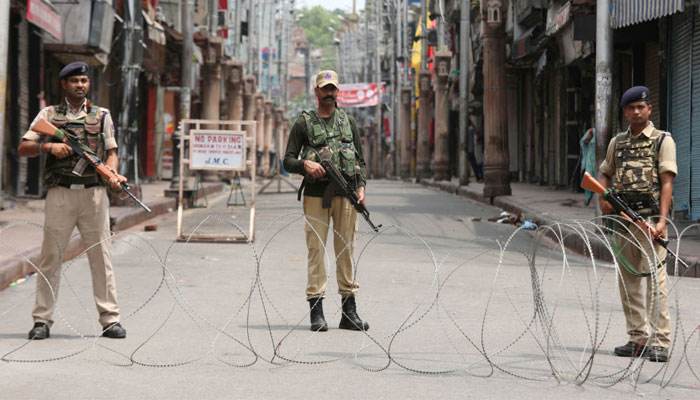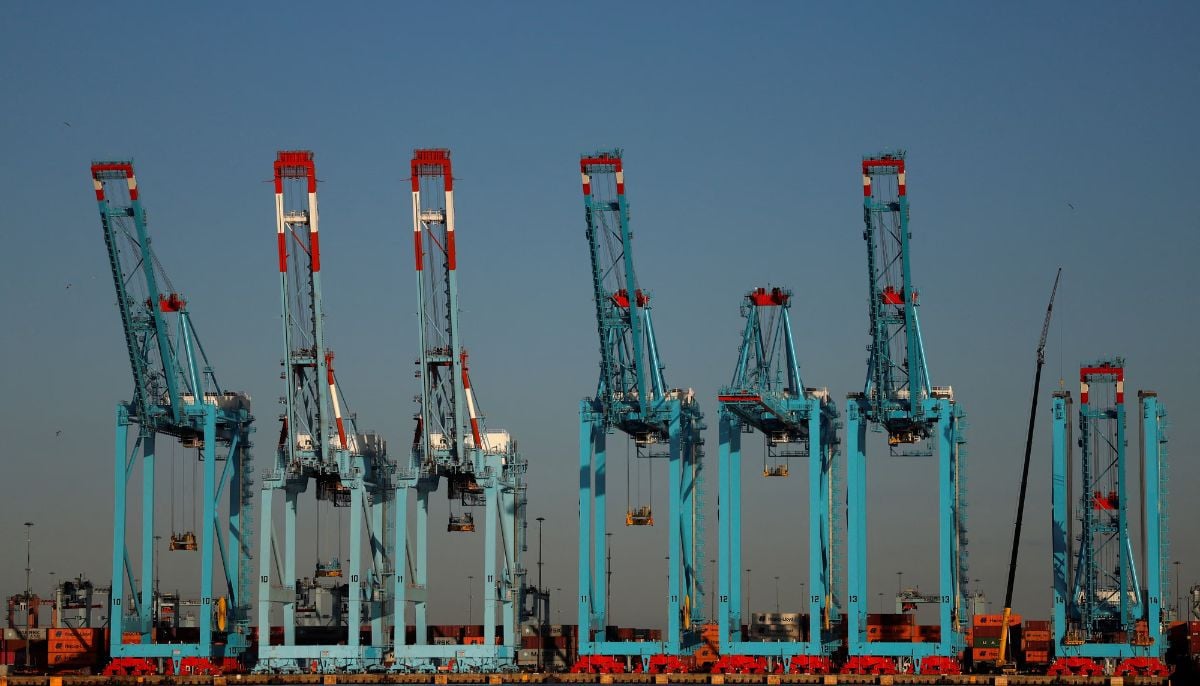What is Article 370 of the Constitution of India?
Article 370 of the Indian constitution is a 'temporary provision' which gives the region special autonomous status.
India on Monday rushed to scrap the age-old Article 370 of its constitution revoking the 'special status' granted to Occupied Kashmir previously.
Article 370 of the Indian constitution is a 'temporary provision' which gives the region special autonomous status.
All the provisions of the Indian constitution which are applicable to other states are not applicable to Occupied Kashmir.
According to article 370, the following six special provisions for Occupied Kashmir were granted:
1. Article 370 exempted the State from the complete applicability of the Constitution of India. The State was allowed to have its own Constitution.
2. Central legislative powers over the State were limited, at the time of framing, to the three subjects of defence, foreign affairs and communications.
3. Other constitutional powers of the Central Government could be extended to the State only with the concurrence of the State Government.
4. The 'concurrence' was only provisional. It had to be ratified by the State's Constituent Assembly.
5. The State Government's authority to give 'concurrence' lasted only until the State Constituent Assembly was convened. Once the State Constituent Assembly finalised the scheme of powers and dispersed, no further extension of powers was possible.
6. The Article 370 could be abrogated or amended only upon the recommendation of the State's Constituent Assembly.
India on Monday imposed a curfew-like situation in the Valley of Occupied Kashmir after cutting all ties of communication and placing leaders like Mehbooba Mufti and Omar Abdullah under house arrest.
In addition, it sent tens of thousands of added troops while accusing Pakistan of clashes along the Line of Control (LoC).
-
Hilarie Burton reveals Valentine's Day plans with Jeffrey Dean Morgan
-
Jacob Elordi, Margot Robbie on 'devastating' scene in 'Wuthering Heights'
-
China to implement zero tariffs on African imports in major trade shift
-
Jack Thorne explains hidden similarities between 'Lord of the Flies' and 'Adolescence'
-
Elon Musk vs Reid Hoffman: Epstein files fuel public spat between tech billionaires
-
New Zealand flood crisis: State of emergency declared as North Island braces for more storms
-
Nancy Guthrie case: Mystery deepens as unknown DNA found at property
-
James Van Der Beek's final conversation with director Roger Avary laid bare: 'We cried'












